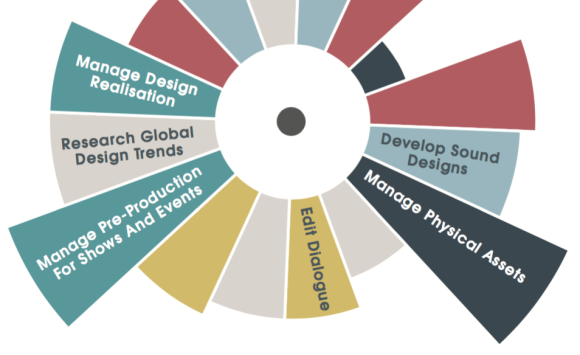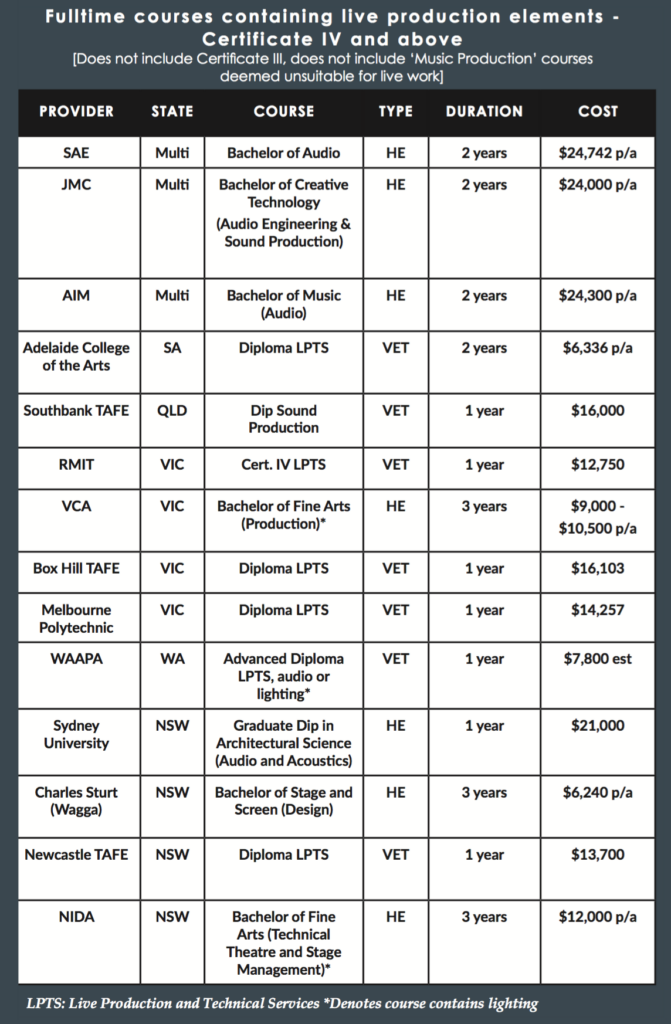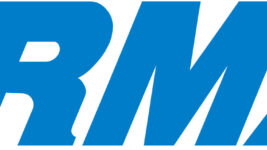Subscribe to CX E-News
The government student loan scheme called Fee Help has led to high prices for degree courses at the three big private college chains, SAE, JMC and AIM. All three now charge slightly under $50,000 for a two year bachelor degree. All three offer a degree based somewhat on sound, and music production. All three make vague representations on job outcomes.
By contrast a three year Bachelor course in theatre production costs $12,000 per year at NIDA, the leading national university provider for theatre skills. Other university backed theatre courses are run by WAAPA (West Australia), RMIT and VCA (Victoria).
This guide is for full time study only, and does not cover Certificate III courses which are generally aimed at traineeships. It does not cover qualifications awarded by RPL (recognized prior learning) or RCC (recognized current competencies).
Students looking for a career backstage need to be careful. A higher education degree (or diploma) is radically different in nature to a Vocational (VET) certificate, diploma or advanced diploma. Higher Education (HE) was the province of universities until a decade ago when private colleges (registered training organisations or RTOs) were allowed into the sector.

A VET course is always loaded with more ‘core’ units than electives – and the word elective here is only relevant for the college (RTO), which chooses how to structure the ‘elective’ side of the course. For example the Advanced Diploma of Live Production and Management Services (course code CUA60213) has eight core and only six elective units.
This means a student is buried in core units more often than electives – and six electives may not necessarily produce enough practical technical training.
There is only one RTO delivering the Advanced Diploma, and it allows a speciality. But again the available elective units in the national training package (CUA) mean that the sound speciality, for example, contains these: [above]
The breakup of these units leaves a student well short of basic audio knowledge, despite the Advanced Diploma carrying an audio specialty. This isn’t a problem specific to WAAPA, rather it is a failing of the whole vocational training framework which has degenerated into ‘one size ts all’ where Advanced Diploma courses in completely different industry sectors must carry similar core units. Examples: ‘Develop and manage a budget’ and ‘Manage Projects’, leaving not enough time for industry specific training.
In Higher Education the uni or college have the freedom to structure their Diploma or Degree programs as they see fit – and apply their own marking and pass regimes. Although they stridently deny this, I believe they carry less compliance costs than an RTO delivering a VET course.
For students this means an easier pass, where a degree may only require 51%. The competency scheme in VET training requires each student be assessed several times, usually via tasks and tests, across each subject (unit); and if found ‘Not Yet Competent’ given the chance to redo the assessment tasks or test component that they failed.
What is best for the student? Either system carries compromises, especially if the provider uni or college or RTO has little industry credibility. In April CX surveyed 500 industry folk and published the results. Read about it at cxmagblog.com on this link:
http://cxmagblog.com/2015/04/17/minimum-technical-skills/
The survey can be read from the article link on the blog. It is fairly damning of many training providers, in particular SAE – which has the greatest number of graduates as it has been operating for three decades and is now worldwide. JMC and AIM followed SAE to market with similar courseware, based on the fundamental that a student, usually direct from high school, will not be aware of the extreme difficulty transforming a qualification into a job.
HURDLES
Additional complication comes from understanding the various courses. VET courses from the CUA training package carry CUA at the start of the code. Courses from the Music training package are sometimes sold as ‘Sound production. These carry the code CUS. CX does not regard any CUS course as industry suitable for professional live audio work. Bachelor Degree courses also mix up ‘music production’ with live sound. Music Production skills do not usually lead to employment outcomes in live production, theatre and events.
Due to Australia’s very generous student loan scheme, most students sign up without proper consideration of how they will repay, or indeed how much. A fifty thousand dollar debt is a lot to hang on a school leaver.
From our survey article in April: “Asked which training institute they would ‘trust to consistently provide best possible training outcome BASED ON your direct knowledge of its training’, the answers were different, with WAAPA in Perth holding top score, and SAE rating poorly.”
More tellingly 81% said that their current position does not require that they hold any technical qualifi cation.
Many employers in the theatre and events industry were engaged with vocational training in the early 2000’s, but appear to have lost faith since.
Our table of courses (above) shows very little opportunity for anyone wanting lighting training.
First published in CX Magazine (November, 2015)
Subscribe
Published monthly since 1991, our famous AV industry magazine is free for download or pay for print. Subscribers also receive CX News, our free weekly email with the latest industry news and jobs.



















